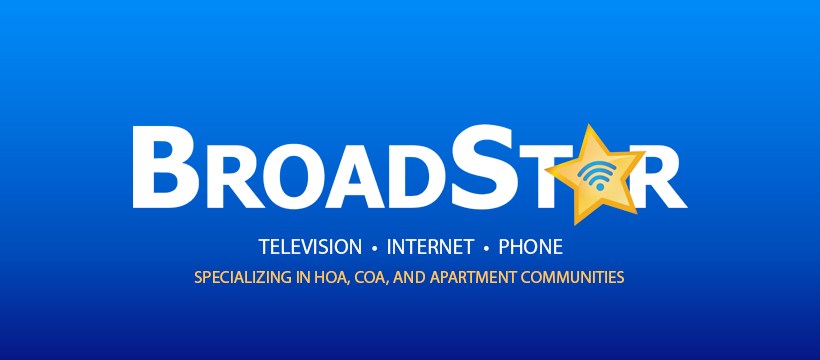Steering the Complex Landscape of Compliance Guidelines for Cyber Protection in Multi-Dwelling Units to Ensure Resident Safety and Data Protection
Wiki Article
Within the current world, many individuals reside in multi-dwelling units, including flat complexes and condominiums. These locations often utilize shared networks for online and additional services. Although this arrangement can be beneficial, it also brings up significant questions about system security and regulatory standards. Ensuring the security of tenants and safeguarding their data is essential. This article will explore the intricate landscape of regulatory guidelines for system safety in multi-dwelling units, focusing on how these standards help maintain residents secure and protected.
One of the key compliance guidelines that apply to system security is the EU Information Protection Act (GDPR). This regulation is intended to protect individual data and confidentiality for persons within the EU Union. Although it primarily pertains to businesses functioning in Europe, its tenets can affect procedures in other areas as well. For multi-unit buildings, adhering to GDPR means establishing strong information protection protocols. This includes making sure that residents' personal information is collected, kept, and processed safely. By following these standards, property managers can assist establish trust with tenants and ensure their information is safe from illicit access.

A further important guideline is the Healthcare Insurance Flexibility and Responsibility Law (HIPAA), which safeguards confidential patient data in the healthcare sector. In multi-dwelling buildings, particularly those that provide healthcare services or have residents with specific medical needs, adherence with HIPAA is essential. This means that any medical information collected from residents must be maintained private and protected. Building administrators must make sure that their system systems are configured to prevent data leaks and illicit access. By doing so, they not only adhere with regulatory obligations but also promote a secure residential environment for all residents.
In addition to GDPR and HIPAA, the Credit Card Card Industry Data Protection Guidelines (PCI DSS) is a further critical compliance standard. This guideline is especially important for multi-unit buildings that accept debit card payments for rent or services. PCI DSS specifies protection protocols that must be in place to protect cardholder information. This entails encrypting confidential data and frequently monitoring network safety. By adhering to PCI DSS standards, building administrators can reduce the risk of data leaks and protect residents' financial information, which is crucial for upholding their confidence and safety.
Finally, it is essential for multi-dwelling buildings to remain informed on regional and federal regulations regarding network security. Regulations and guidelines can evolve, Go Here and remaining informed is crucial for compliance. Building administrators should frequently assess their security protocols and practices to ensure they meet current standards. This preventive strategy not only assists in upholding adherence but also improves the general safety of the system. By prioritizing tenant safety and information protection, multi-dwelling buildings can establish a safe residential space that encourages confidence and reassurance among tenants.
To summarize, navigating the complex landscape of compliance guidelines for system safety in multi-dwelling units is essential for ensuring resident safety and data safeguarding. By understanding and implementing guidelines like GDPR, HIPAA, and PCI DSS, building managers can create a safe environment for their tenants. Remaining updated about regional laws and frequently assessing safety practices further enhances this dedication to safety. Ultimately, a strong emphasis on compliance not only protects residents but also builds a sense of community and trust within multi-dwelling units.